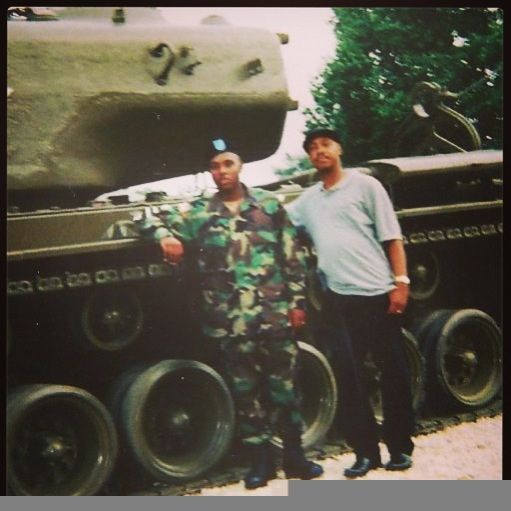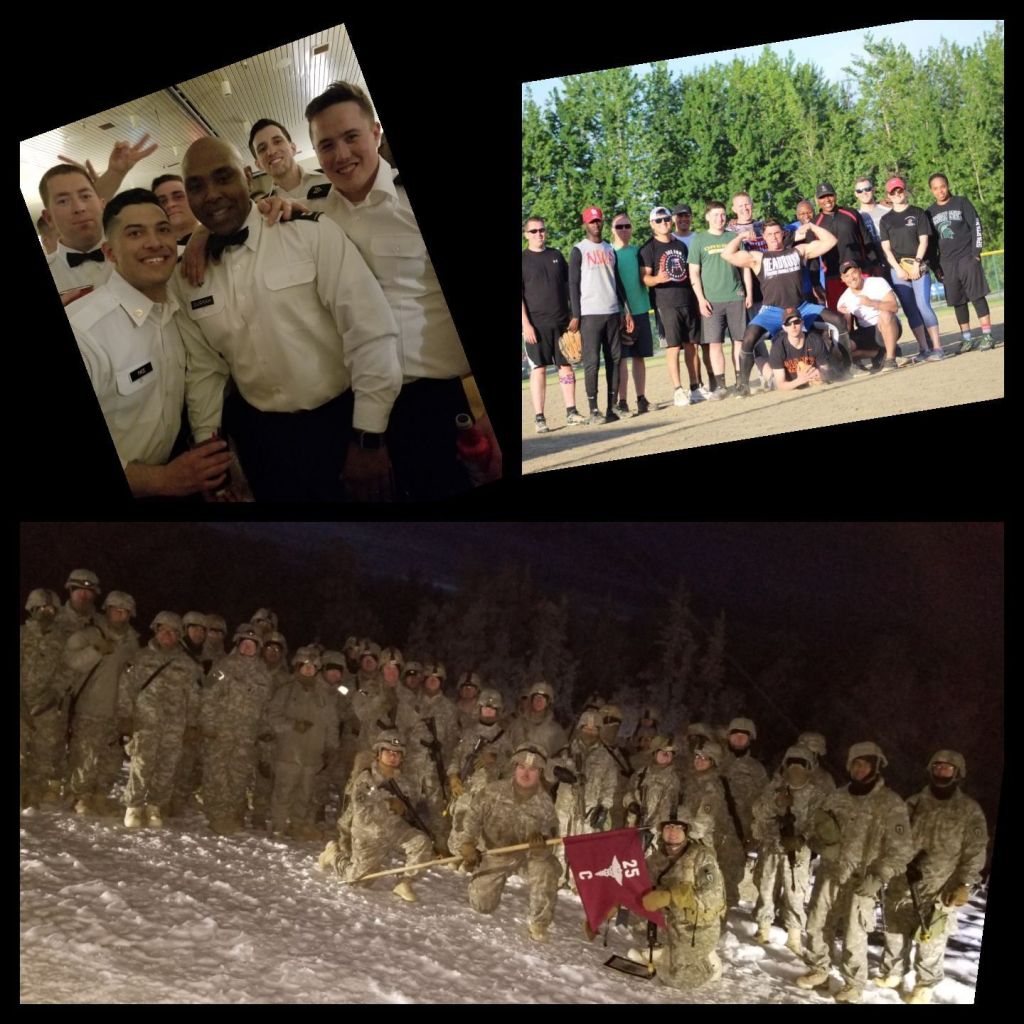
Nineteen years ago today, I was six years out of high school, two years from finishing my undergraduate degree, and had just completed my master’s degree. I was preparing to transition from an Activity Therapist to a Mental Health Professional at an adult correctional facility in Alabama. Despite dodging ROTC in college, the desire to join the Army never left me. So, on May 19, 2005, I left Montgomery, Alabama, heading to Columbia, South Carolina.
The ride in the minivan was long, and we picked up other young adults along the way, all of us making life-changing decisions. Among them were future Soldiers and Marine Corps members. One anxious passenger left me with his book about Marine life because he thought he might get in trouble for having it. I took it to ease his worry, but I didn’t need it, so it stayed in the van when I got out.
Arriving at Fort Jackson, South Carolina, I had no idea what to expect. At 24, I was older than most recruits. I quickly bonded with my “battle buddies” (Army term for friends). One became my bunkmate, another was “Juice” from New Orleans, the oldest in our platoon. Hurricane Katrina struck during training, and I remember how it impacted him. My closest friend from the start was Mike Ritt from San Antonio. We did everything together, especially during field exercises where we dug our fighting positions and sleeping spots.
The first week of basic training was intense. We had no sleep for the first 48 hours as the drill sergeants pushed us to our limits. As a big guy, I looked forward to “chow formation” because I was always hungry. We spent that week learning to march, doing early morning physical training, and shining our boots nightly, only to have them messed up the next day. It was all part of the process, and I soon learned that this initial week didn’t even count towards our official training. We still had to meet our actual drill sergeants for the next nine weeks.
Phase 1, the crawl phase, began with a memorable Sunday chapel service. It was either go to church or stay behind to clean, so even non-religious Soldiers opted for chapel. During this service, I broke down crying, overwhelmed by the outgoing Soldiers’ joy. Meanwhile, we were all miserable, missing our families, and without cell phones to connect us to the outside world.
Phase 2 started around weeks three and four. By then, we had leadership assignments, and I was the 4th squad leader. My senior drill sergeant, SFC Lawrence Shepperson, was incredibly motivating. I wanted to make sure 4th squad was the best in 1st platoon. However, his counterpart struggled to connect with us. This phase was also when conflicts started to arise, especially with one Soldier from South Carolina who always wanted to compete. Despite the challenges, I held my own against the younger recruits.
Weeks six to seven marked the final phase of basic training. As a platoon, we formed cliques but stuck together against other platoons. We faced our last major events, including a foot march and a multi-day field exercise. One memorable event was a combative match with a fellow Soldier named Starks, with whom I had a conflict. We settled our differences during that match and eventually became friends.
In our final chapel service, I felt the same joy I had seen in others nine weeks earlier. Over the past 19 years, I’ve had the opportunity to do and see amazing things. Initially, I thought I’d serve a few years and then get out. I never imagined becoming a commissioned officer, joining the active component, or traveling to places like Alaska, Texas, California, and numerous countries in Europe. Reflecting on my journey, I’m grateful for the advice of a good friend who encouraged me to join the Army. So, thank you, Henry!
I hope you enjoyed reading my story. I’d love to hear from you.


Are you still close with some of your “battle buddies”?
LikeLike
I still talk to Mike Ritt every few years or so. I have a few battle buddies where we have maintained a connection.
LikeLike
Hooah! Three Army is better for having you!
LikeLike
Appreciate that! I’m looking forward to finishing strong and then the next chapter.
LikeLike